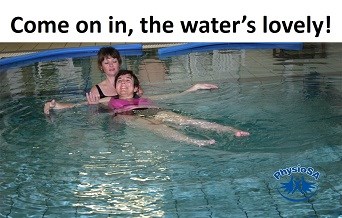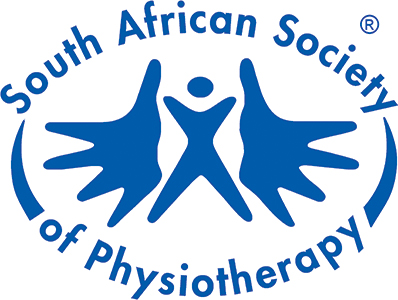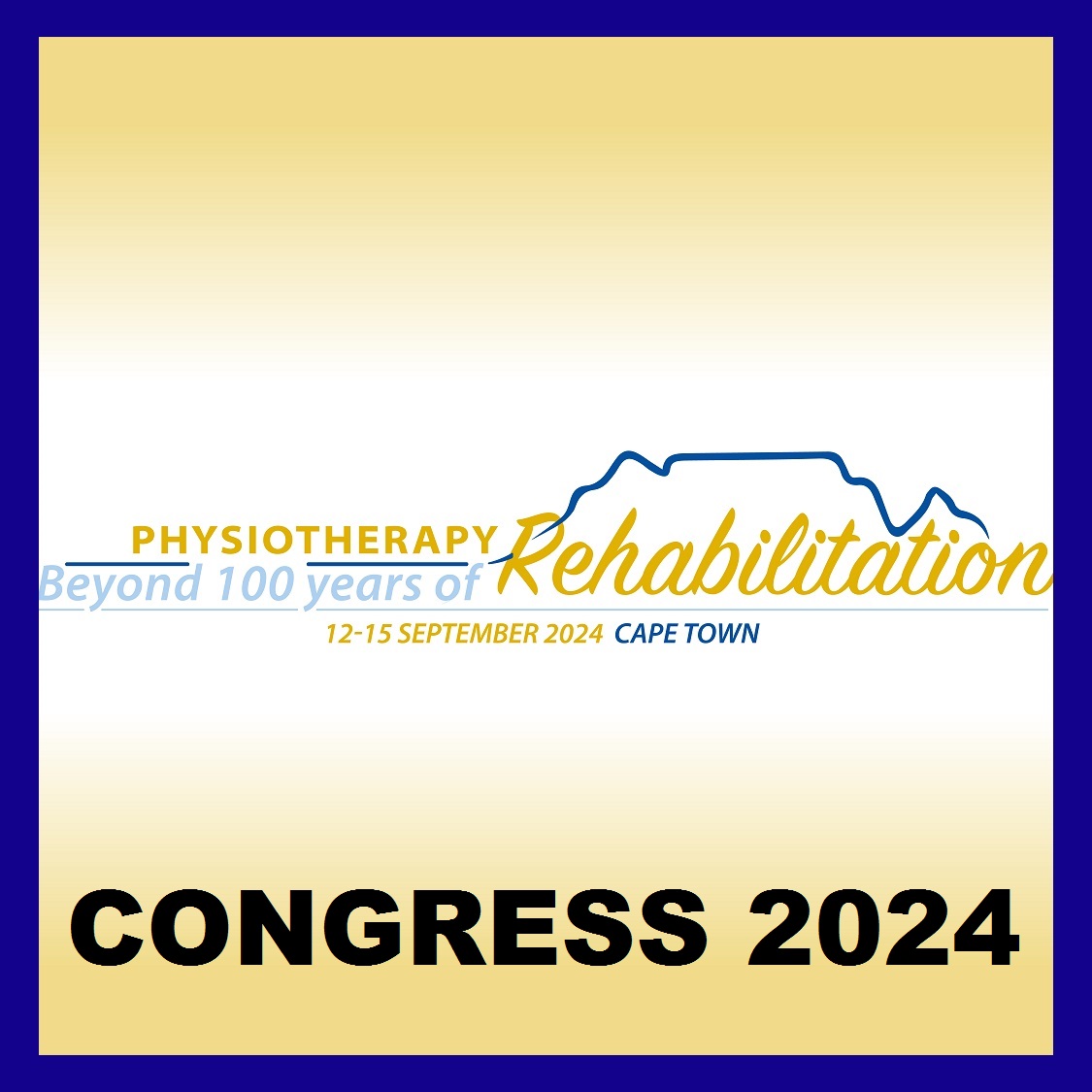
Come on in, the water’s lovely!
Warm water is an amazing medium – kind to aching bodies, it provides lift and cradles you gently. A pool of warm water is gentle on your joints and loosens stiff muscles.
Water is a useful medium for physiotherapy, for treatment that tweaks neurological dysfunction or mobilises stiff joints.
That’s why many physiotherapists have a special interest in aquatic physiotherapy. It has been shown that treating conditions in the water is remarkably effective, whether the condition’s nature is musculoskeletal, orthopaedic, rheumatological, or neurological.
“Exercise in water places less effort and demand on joints and nerves,” says Mandy Thompson, chair of the South African Society of Physiotherapy’s Aquatic Physiotherapy Group. “A physiotherapist who has studied the field of aquatic physiotherapy can help people with a wide range of complaints by working with water’s lift and drag to restore movement.”
Come on in, the water’s lovely!
So you’ve had a sports injury and are out of action for now? Maybe there’s a way you can retain some of your athletic edge while healing – by harnessing the unique properties of water.
“Many athletes, both professional and amateur, turn to physiotherapists with qualifications in aquatic physiotherapy for help after injuries,” says Mandy Thompson, chair of the South African Society of Physiotherapy’s Aquatic Physiotherapy Group. “Working their muscles and joints in water during the healing phase can be very effective: on the one hand, water is gentle in that it works against gravity, so your joints don’t have to bear the full load of your weight; on the other hand, it provides a powerful resistance, so that you really are effectively aiding muscle strength.”
Come on in, the water’s lovely!
Feeling dizzy? Be kind to yourself and get into an aquatic therapy pool under the guidance of a physiotherapist with a special interest in aquatic therapy!
Vestibular hypofunction is a condition in which your head spins, you feel lightheaded, you are unable to balance, and are inclined to stumble… it’s a disorder of the balance mechanism inside the ear, and it’s very uncomfortable and debilitating. “Aquatic physiotherapy has been shown, in peer-reviewed research, to improve vestibular hypofunction,” says Mandy Thompson, chair of the South African Society of Physiotherapy’s Aquatic Physiotherapy Group.
“This is just one of a wide range of conditions affecting balance and gait that studies have shown can be effectively treated by physiotherapists who’ve done additional course work in aquatic physiotherapy. Multiple sclerosis, Parkinson’s disease and hemiplegia are just some of the other conditions we can manage in the water.”
Come on in, the water’s lovely!
Those first few days after surgery are tough: your body resists the idea of moving and becoming mobile can be a real struggle. To slip into a pool of warm water which holds and cradles your body weight might sound like a dream; in fact, it is a very effective way to mobilise post-surgery.
“Research has shown that, contrary to what you might expect, aquatic physiotherapy very soon after surgery does not carry a greater risk to the surgery wound – in fact, we can even treat ventilated patients in water,” says Mandy Thompson, chair of the South African Society of Physiotherapy’s Aquatic Physiotherapy Group. “It’s a very effective way of getting a patient mobile, because the buoyancy of the water means the patient can move comfortably and achieve enough to feel more physically confident.”
Come on in, the water’s lovely!
Forget the stereotype of elderly women in floral swimming caps doing physical jerks in a heated pool – aquatic physiotherapy is highly effective and well-researched treatment for patients of all ages and at all stages of rehabilitation.
“We treat all kinds of patients, from babies with developmental problems to older people who’ve just had strokes, taking in all sorts along the way, including professional athletes, overstressed executives and injured animals,” says Mandy Thompson, chair of the South African Society of Physiotherapy’s Aquatic Physiotherapy Group.
“We may use aquatic physiotherapy on its own or package it with ‘land based’ therapy, whichever combination will achieve the best results. It’s such a pleasure for patients with debilitating conditions to enjoy using their bodies in the kind, comforting and supportive medium of water, it’s always rewarding to see how much they are able to achieve, with smiles on their faces!”
To find a physiotherapist with a special interest in aquatic physiotherapy, go to www.saphysio.co.za/find-a-physio .
Back






